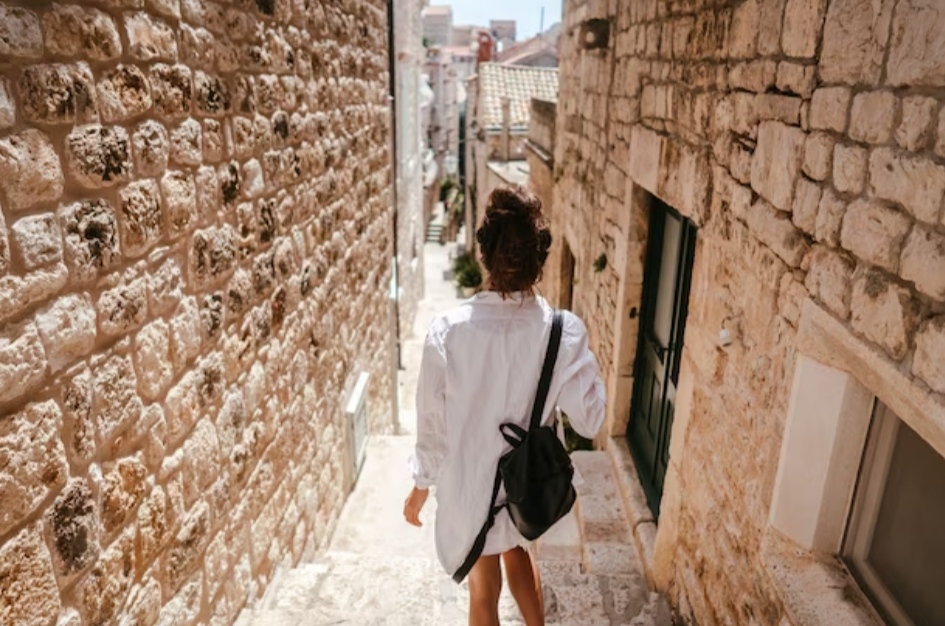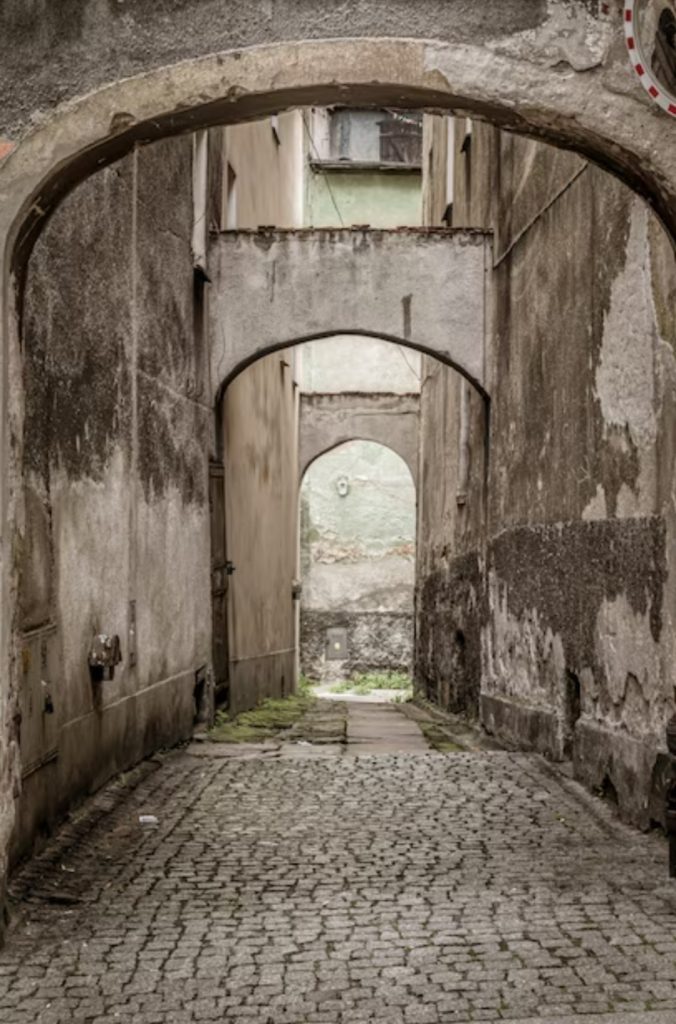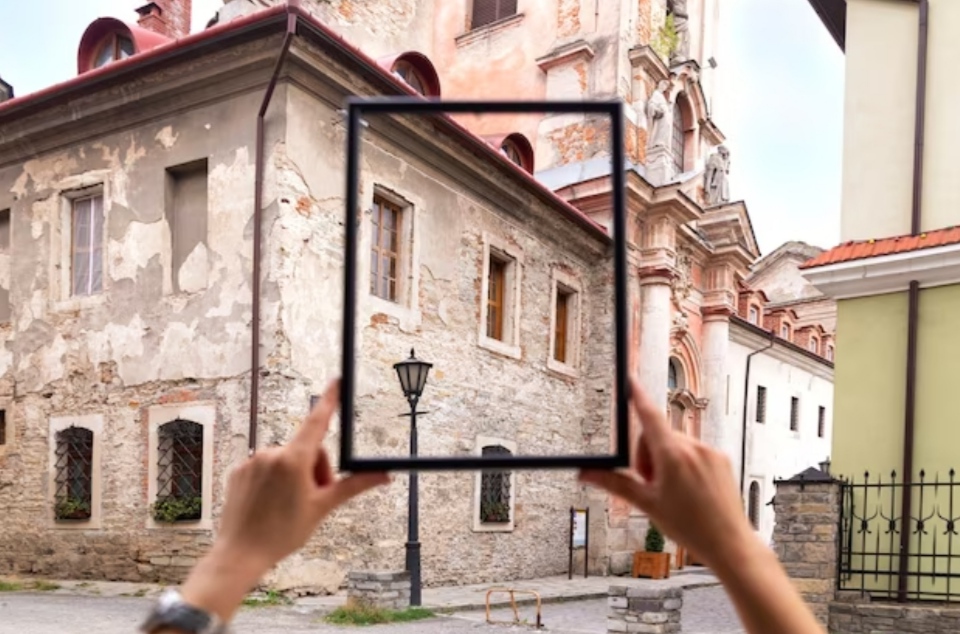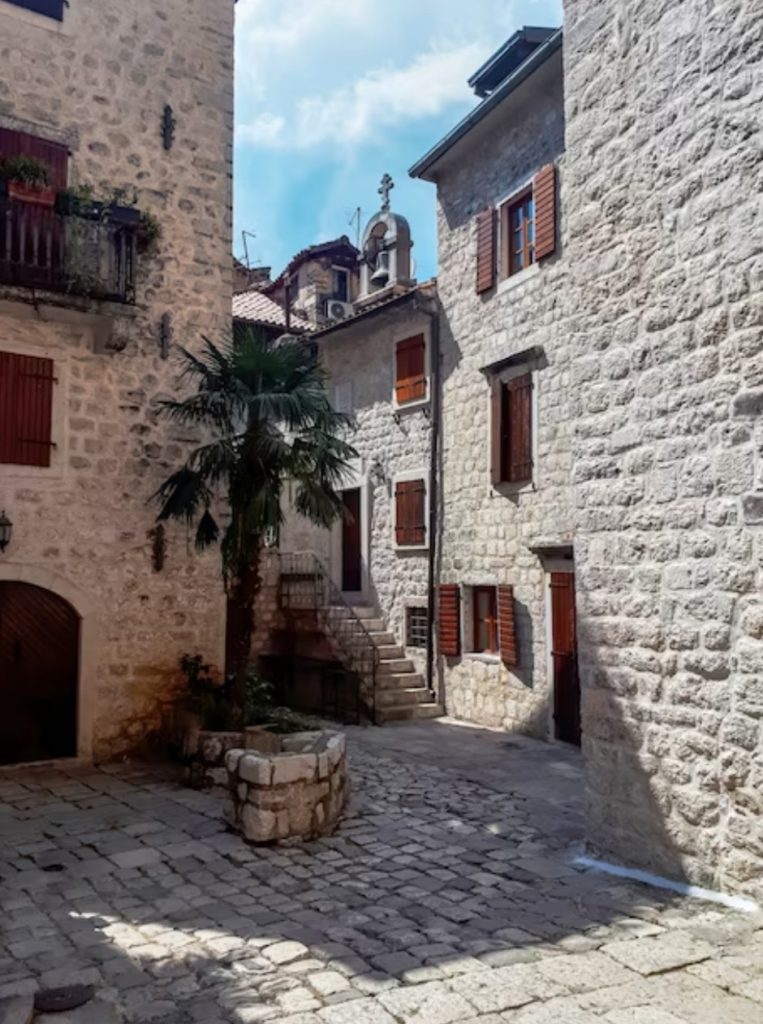
Dubrovnik, is often referred to as “the Pearl of the Adriatic Sea street map of dubrovnik croatia,” is a city that needs no introduction to those familiar with its rich history and stunning beauty. Situated on the southern coast of Croatia, this ancient coastal city is renowned for its well-preserved medieval walls, captivating architecture, and the azure waters of the Adriatic Sea. While the entire city is a masterpiece in itself, it’s the charming streets of Dubrovnik that truly steal the hearts of visitors from around the world. In this article, we will take you on a virtual tour through the enchanting streets of Dubrovnik, exploring their history, architecture, and the unique experiences they offer.
Table of Contents
- Introduction
- The Old Town: A Maze of Wonders
- Stradun: The Heart of Dubrovnik
- Hidden Gems in the Old Town
- The Walls of Dubrovnik
- Cafes and Restaurants: A Culinary Journey
- Shopping in Dubrovnik
- Exploring Dubrovnik’s Islands
- Dubrovnik’s Festivals and Events
- Practical Information
- FAQs
following street map of dubrovnik croatia
Dubrovnik, often referred to as the “Pearl of the Adriatic,street map of dubrovnik croatia,” is a city that has captured the hearts of travelers for centuries. Its history dates back to the 7th century, and its well-preserved Old Town, a UNESCO World Heritage Site, is a living testament to the city’s rich past. This coastal city in Croatia is not just known for its historical significance but also for its captivating streets that wind their way through the centuries-old stone buildings.
Whether you’re a history enthusiast, a lover of art and architecture, or simply someone seeking a picturesque getaway, Dubrovnik has something to offer. In this article, we’ll delve into the charming streets of Dubrovnik, exploring the city’s most iconic locations, hidden gems, and the best ways to experience them.
2. The Old Town: A Maze of Wonders

At the heart of Dubrovnik lies its most iconic feature: the Old Town. Enclosed within ancient stone walls, the Old Town is a maze of narrow, winding streets that beckon you to explore. As you step through the grand Pile Gate, you’re transported back in time to an era of knights, merchants, and nobility.
The limestone-paved streets of the Old Town are lined with well-preserved Gothic, Renaissance, and Baroque buildings. One can’t help but admire the architectural details of the facades, with their ornate balconies, arched doorways, and colorful shutters. The streets are car-free, which enhances the pedestrian-friendly atmosphere and allows you to wander at your own pace.
3. Stradun: The Heart of Dubrovnik
While every street in the Old Town has its own charm, Stradun, also known as Placa, is the central thoroughfare and the main artery of Dubrovnik. This wide, marble-paved street runs from the Pile Gate in the west to the Ploče Gate in the east, dividing the Old Town into two distinct parts.
The elegance of Stradun lies in its simplicity. Lined with shops, cafes, and historical landmarks, Stradun invites you to stroll leisurely and take in the ambiance. At night, the street comes alive with the warm glow of streetlights and the sound of live music emanating from the cafes.
One of the most famous landmarks on Stradun is the Orlando Column, erected in the 15th century. It features a statue of the medieval knight Orlando, a symbol of the city’s freedom and independence. Another highlight is the Sponza Palace, a harmonious blend of Gothic and Renaissance architecture that now houses the Dubrovnik State Archives.
4. Hidden Gems in the Old Town

While Stradun is undoubtedly the star of the show, the Old Town has numerous hidden gems waiting to be discovered. As you explore the labyrinthine streets, keep an eye out for:
Rector’s Palace
This stunning palace served as the seat of the Rector of the Republic of Ragusa (the former name of Dubrovnik) and is a masterpiece of Gothic and Renaissance architecture. Today, it houses the Dubrovnik Cultural History Museum, where you can learn more about the city’s history and culture.
St. Saviour Church
A hidden gem just off Stradun, this small church is a prime example of Dubrovnik’s Baroque architecture. Its elegant facade and serene interior make it a peaceful escape from the bustling streets.
Dubrovnik Cathedral
Dedicated to the Assumption of Mary, this cathedral is an architectural marvel. Its striking facade, intricate interior, and treasury containing relics and artworks are worth a visit.
Gundulić Square
Named after the renowned poet Ivan Gundulić, this square hosts a daily open-air market where you can purchase fresh fruits, vegetables, and local products. It’s a great place to immerse yourself in local life.
5. The Walls of Dubrovnik

No visit to Dubrovnik is complete without a walk along its famous city walls. These imposing fortifications, which date back to the 9th century, encircle the Old Town and provide stunning panoramic views of the city and the Adriatic Sea. As you stroll along the walls, you’ll have a bird’s-eye view of the charming streets below.
The walls are punctuated by impressive forts like Fort Lovrijenac, also known as “Dubrovnik’s Gibraltar,” which played a significant role in the city’s defense. You can access the walls from various points, but the Pile Gate entrance is the most convenient. Be sure to bring comfortable walking shoes, as the stone steps can be quite uneven.
6. Cafes and Restaurants: A Culinary Journey

Dubrovnik’s charming streets aren’t just a treat for the eyes; they’re a gastronomic delight as well. The city boasts a vibrant culinary scene with restaurants, cafes, and wine bars that cater to a variety of tastes.
While exploring the Old Town, take the opportunity to savor local specialties like seafood risotto, black cuttlefish risotto, and peka, a traditional dish cooked under a bell-like lid. Pair your meal with a glass of local wine or rakija, a fruit brandy enjoyed throughout Croatia.
For a unique dining experience, seek out hidden courtyards and terraces where you can dine al fresco, surrounded by ancient stone walls and lush greenery. Don’t forget to try traditional desserts like rozata, a custard pudding, and arancini, candied orange peels.
7. Shopping in Dubrovnik

Dubrovnik’s streets are also a shopper’s paradise, offering a wide range of items from local crafts to international brands. Here are some places to indulge in retail therapy:
Placa Shopping Street
Stradun itself is home to numerous shops selling souvenirs, jewelry, clothing, and more. You’ll find unique gifts like traditional Croatian lace, handmade jewelry, and olive oil-based products.
Gundulićeva Poljana Market
This bustling market square, located just outside the city walls, is the place to buy fresh produce, local cheeses, and artisanal products. It’s
a great spot for picking up edible souvenirs.
Uje Oil Bar
For olive oil enthusiasts, Uje Oil Bar is a must-visit. You can sample and purchase a wide variety of olive oils, along with other gourmet Croatian products.
8. Exploring Dubrovnik’s Islands
Beyond the charming streets of Dubrovnik’s Old Town, the city is surrounded by a group of enchanting islands, each with its own unique appeal. These islands are easily accessible by ferry or boat, making for memorable day trips from Dubrovnik. Some of the must-visit islands include:
Lokrum
Known as the “Island of Kings,” Lokrum is a lush oasis just a short boat ride from Dubrovnik. It’s famous for its botanical gardens, historic monastery, and a serene saltwater lake called the Dead Sea.
Šipan
The largest of the Elafiti Islands, Šipan offers a peaceful escape from the city’s crowds. Its picturesque villages, vineyards, and hiking trails make it an ideal destination for nature lovers.
Mljet
Mljet is known for its stunning national park, which encompasses two saltwater lakes and a lush forest. Visitors can explore the island’s natural beauty on foot, by bike, or by renting a kayak.
9. Dubrovnik’s Festivals and Events
Dubrovnik is a city that celebrates its culture and heritage with various festivals and events throughout the year. If you plan your visit accordingly, you can immerse yourself in these vibrant celebrations:
Dubrovnik Summer Festival
Held from mid-July to late August, this festival features a diverse program of music, theater, and dance performances, often held in historic venues throughout the city.
Feast of St. Blaise
Celebrated on February 3rd, this is Dubrovnik’s patron saint’s day. The city comes alive with colorful processions, traditional costumes, and religious ceremonies.
Dubrovnik International Film Festival
Film enthusiasts should consider visiting in late April when this festival showcases independent and international films in various venues across the city.
10. Practical Information
Before you set out to explore the charming streets of Dubrovnik, here are some practical tips to ensure a smooth and enjoyable visit:
Best Time to Visit
The best time to visit Dubrovnik is during the shoulder seasons of spring (April to June) and fall (September to October) when the weather is pleasant, and the crowds are thinner compared to the peak summer months.
Currency
The official currency in Croatia is the Croatian Kuna (HRK). Credit cards are widely accepted, but it’s a good idea to carry some cash for small purchases.
Language
The official language is Croatian, but English is widely spoken, especially in tourist areas.
Getting Around
The Old Town of Dubrovnik is best explored on foot. Taxis and buses are available for trips outside the city, and there are also boat tours to nearby islands.
Entrance Fees
Entrance fees are required for some attractions like the city walls and museums. It’s a good idea to purchase a Dubrovnik Card, which offers discounted access to multiple attractions.
11. FAQs
Q1: Is Dubrovnik expensive to visit? A1: While Dubrovnik can be pricier than some other Croatian destinations, it’s still possible to visit on a budget. Prices vary depending on the season and your choices in accommodation and dining.
Q2: Are the city walls of Dubrovnik worth the entrance fee? A2: Absolutely! The views from the city walls are breathtaking, and it’s one of the top experiences in Dubrovnik. The entrance fee helps with the preservation of this historic site.
Q3: Can I visit Dubrovnik’s islands in a day trip? A3: Yes, many of Dubrovnik’s islands, such as Lokrum and Šipan, are easily accessible on day trips. Plan your itinerary and ferry schedule accordingly.
Q4: Is Dubrovnik safe for tourists? A4: Dubrovnik is generally a safe destination for tourists. However, like any other city, it’s important to take standard precautions, such as safeguarding your belongings and being aware of your surroundings.
Conclusion
Dubrovnik’s charming streets offer a glimpse into the city’s rich history, culture, and natural beauty. From the mesmerizing Stradun to hidden gems in the Old Town, there’s something to enchant every traveler. Whether you’re exploring its streets, savoring its cuisine, or basking in its festivals, Dubrovnik leaves an indelible mark on your heart. So, plan your visit to this Croatian gem and immerse yourself in the magic of its streets, where the past and present seamlessly intertwine.

